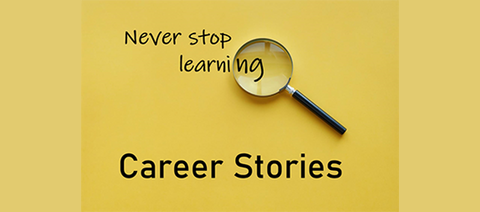Is this the right career for you?
You’d have to go a long way to find a career as varied, exciting, challenging and rewarding as this. Where else could you sit in the cockpit of a fighter plane, stand on an oil platform out at sea, drive a high-speed train and walk in a virtual world? Where else could you watch close-up a surgical operation, air traffic control, a power plant start-up or robots building state-of-the-art vehicles? And you don’t even have to choose between them! Find out more in our free guide.
See a flip-book version of the Careers Guide
What's it really like?
It’s your job to make life better in some way! By getting qualified and then applying your specialist knowledge about people and their capabilities and limitations, you’ll be able to help develop tools, equipment, tasks and workspaces to make jobs safer, more efficient and more productive.
You'll also be helping to make people more comfortable, more motivated and happier. It’s a big ask, but it’s within your grasp as you build your skills and experience! Hear from our members about how they started in their careers in human factors and the route they've taken. Watch our Career Stories videos to find out about the type of work they do and how it makes them feel.
How and where to begin
We're here to support you throughout your career. We can point you in the right direction to get you from where you are now, to where you want to be. You'll need to build up your knowledge, skills and experience and our events are great places to start.
Start by joining us!
If you're set on a career in human factors, join us now as an Associate Member so we can keep in touch and give you the help and support to get you on your way. You'll become part of a friendly and incredibly helpful community who will make you feel very welcome!






